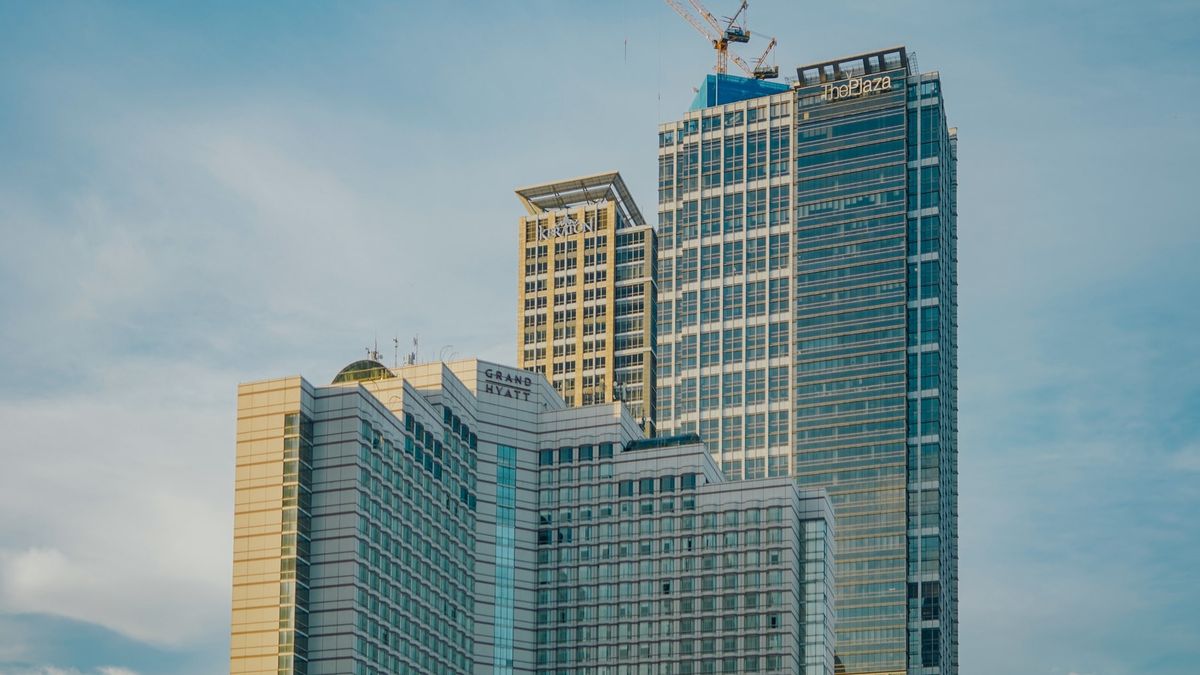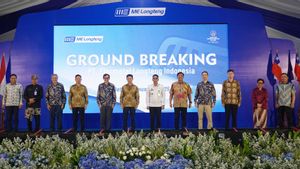JAKARTA - The Indonesian Hotel and Restaurant Association (PHRI) of DKI Jakarta revealed that it was inevitable that the implementation of the Emergency PPKM had a very significant impact on the hotel and restaurant industry which was just trying to revive. Even employees are haunted by termination of employment or layoffs as a result of this policy.
Chairman of the BPD for the Indonesian Hotel and Restaurant Association (PHRI) DKI Jakarta, Sutrisno Iwantono said it was certain that the implementation of the Emergency PPKM would have a direct impact with a sharp decline in room occupancy rates and restaurant businesses, especially for hotels without quarantine and repatriation programs. and OTG shelters.
"Right now, there will be another decline, there will definitely be another unpaid leave. This means that the need for a restaurant or hotel does have a workforce that includes variable costs, costs that increase as sales costs increase. So if the number of rooms decreases, the workforce Housekeeping has decreased, as have restaurants, when it closes, we want to hire people," he said at a virtual press conference, Monday, July 5.
Sutrisno said that when an entrepreneur is not allowed to open, automatically no one will work. Thus, the decline followed the decline in production. Meanwhile, the number of workers in the hotel and restaurant sector throughout Indonesia has reached more than 500 thousand. Meanwhile, in Jakarta the number is more than 100 thousand.
In the January-May 2021 period, said Sutrisno, in general, there was a growth in the occupancy rate of around 20 percent on an annual basis or year on year (yoy) compared to the same period last year, although this growth was followed by a decrease in the Average Daily Rate (ADR) of minus 29 percent yoy.
"It is estimated that there will be a decline (back) from the current average of 20 to 40 percent to 10 to 15 percent of the occupancy rate at non-quarantine hotels (OTG, ISOMAN and Repatriation)," he said.
In addition, Sutrisno said there have also been various cancellations of orders, both rooms and activities that have been planned and scheduled, as well as potential disputes related to the return of down payments (DP) or advance bookings due to Emergency PPKM.
Sutrisno said the price obtained from the business was not sufficient for operational needs and operating expenses. The closure of malls and shopping centers, forced the complete cessation of restaurant operations, causing problems with rent costs, employee salary costs and others.
On the same occasion, Deputy Chair for 2,3,4,5 Star Hotels at the DKI Jakarta BPD PHRI Faris Setiabudi said layoffs were something hoteliers avoided. One of the solutions taken by entrepreneurs is unpaid leave.
"What we do at the hotel is that we offer unpaid leave and then reduce leave for things the hotel can do. So we'll see how long the potential lasts. But obviously we lost a lot of business, including promised businesses such as weddings, we have to return the money already paid. DP and all kinds," he said.
The English, Chinese, Japanese, Arabic, and French versions are automatically generated by the AI. So there may still be inaccuracies in translating, please always see Indonesian as our main language. (system supported by DigitalSiber.id)













